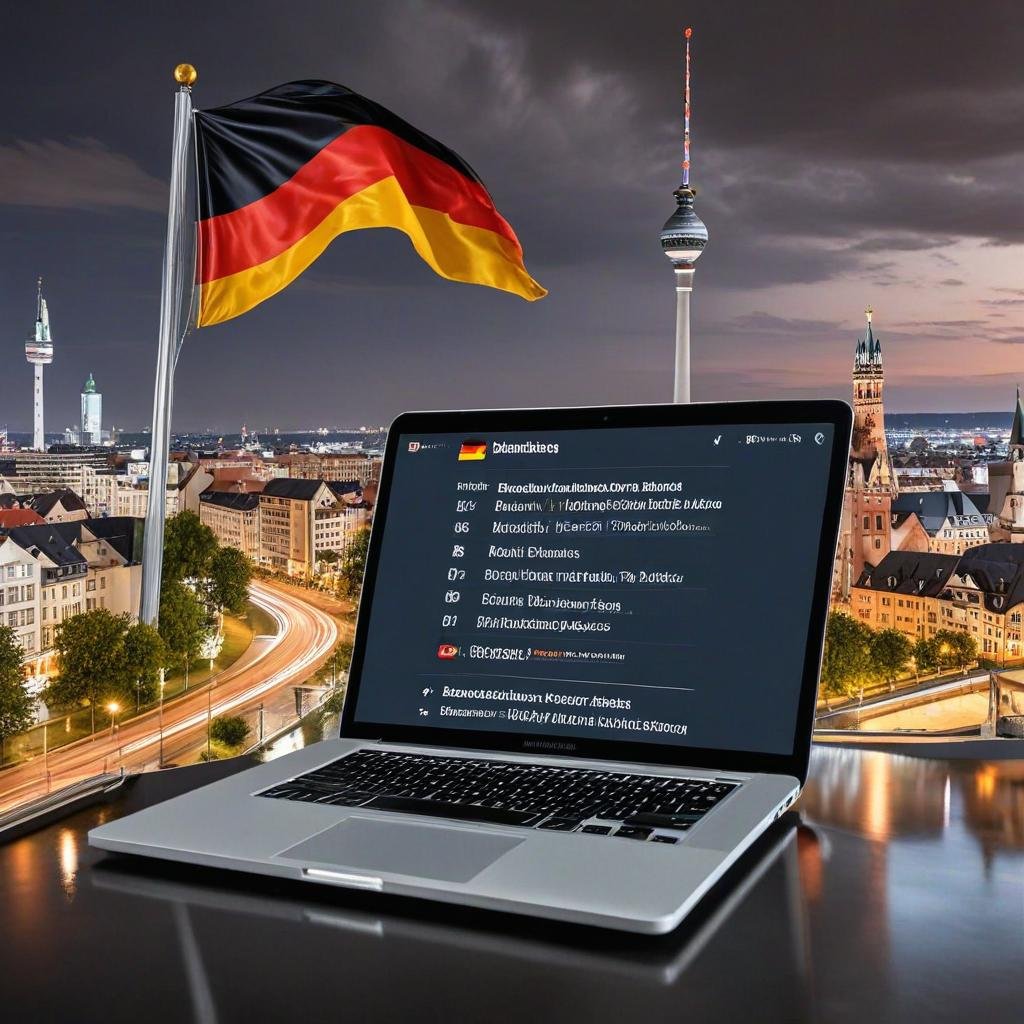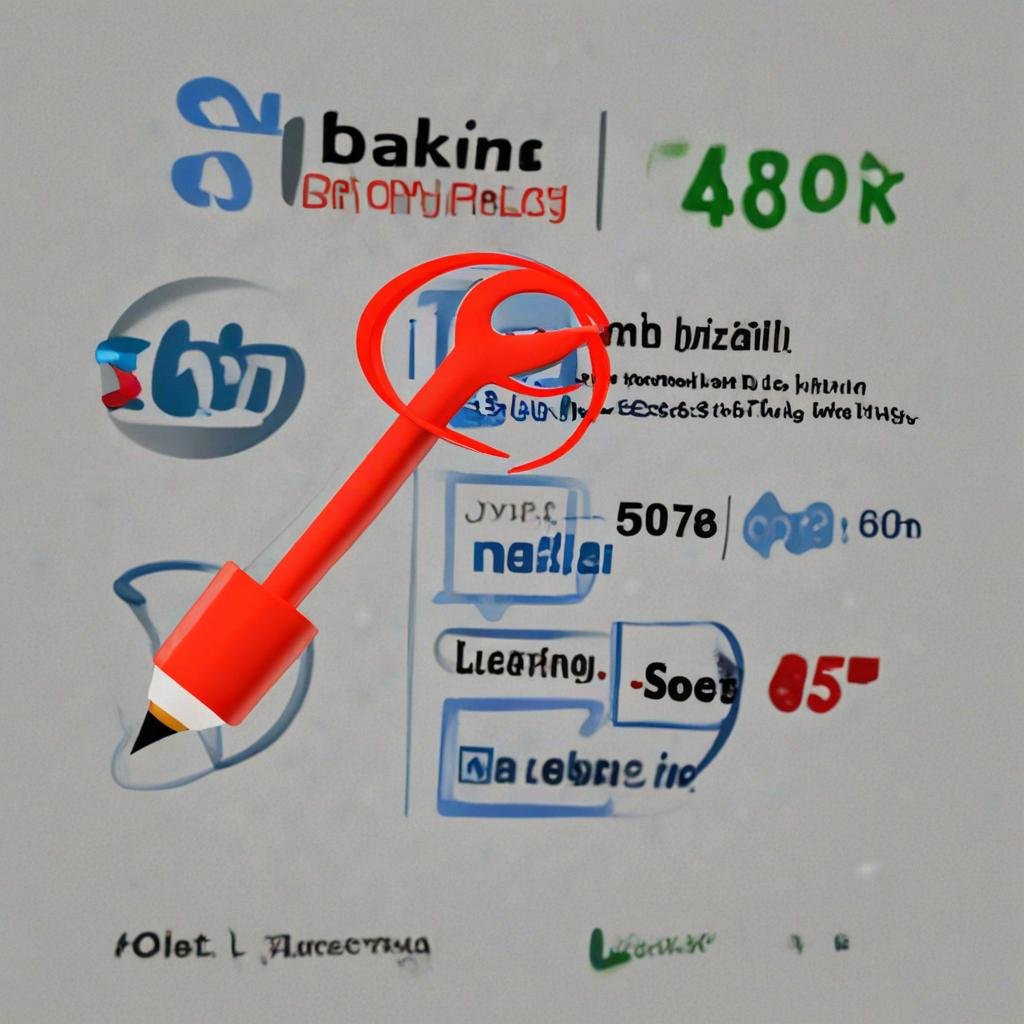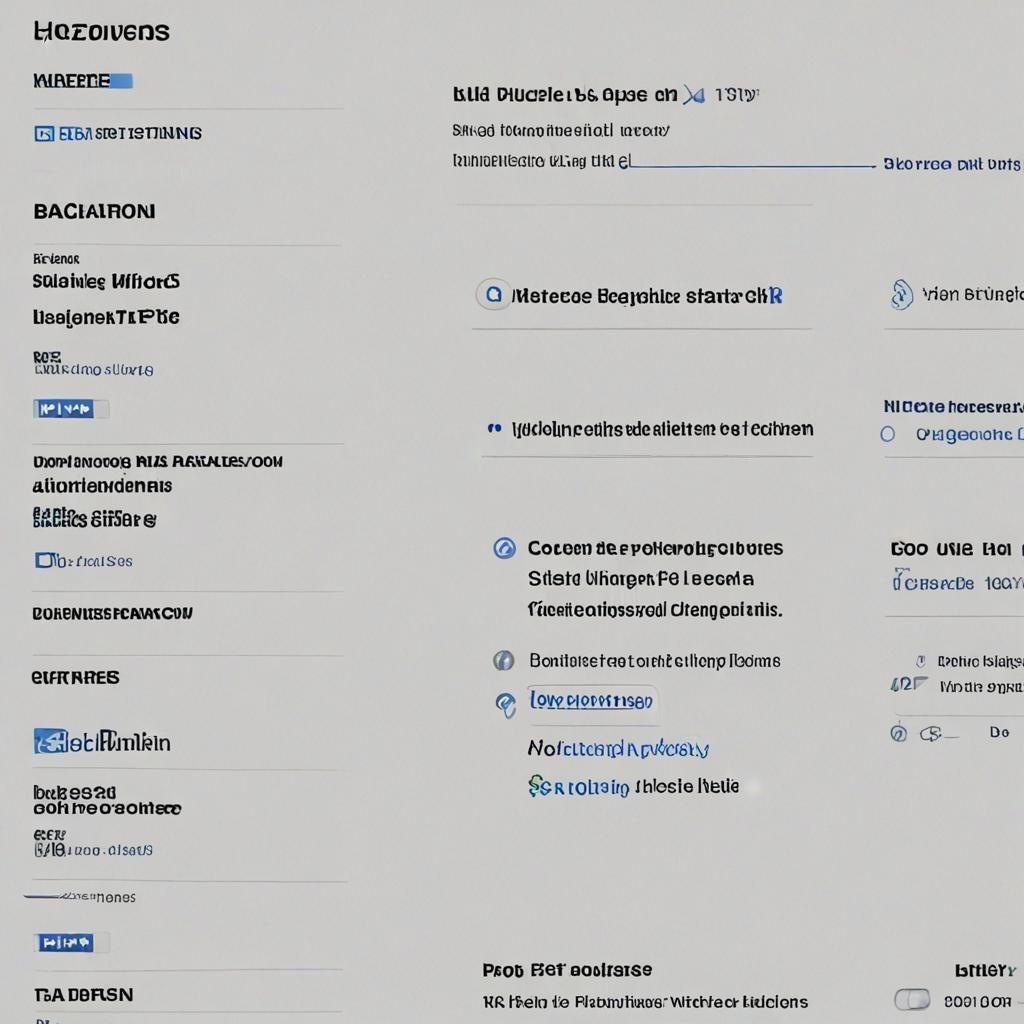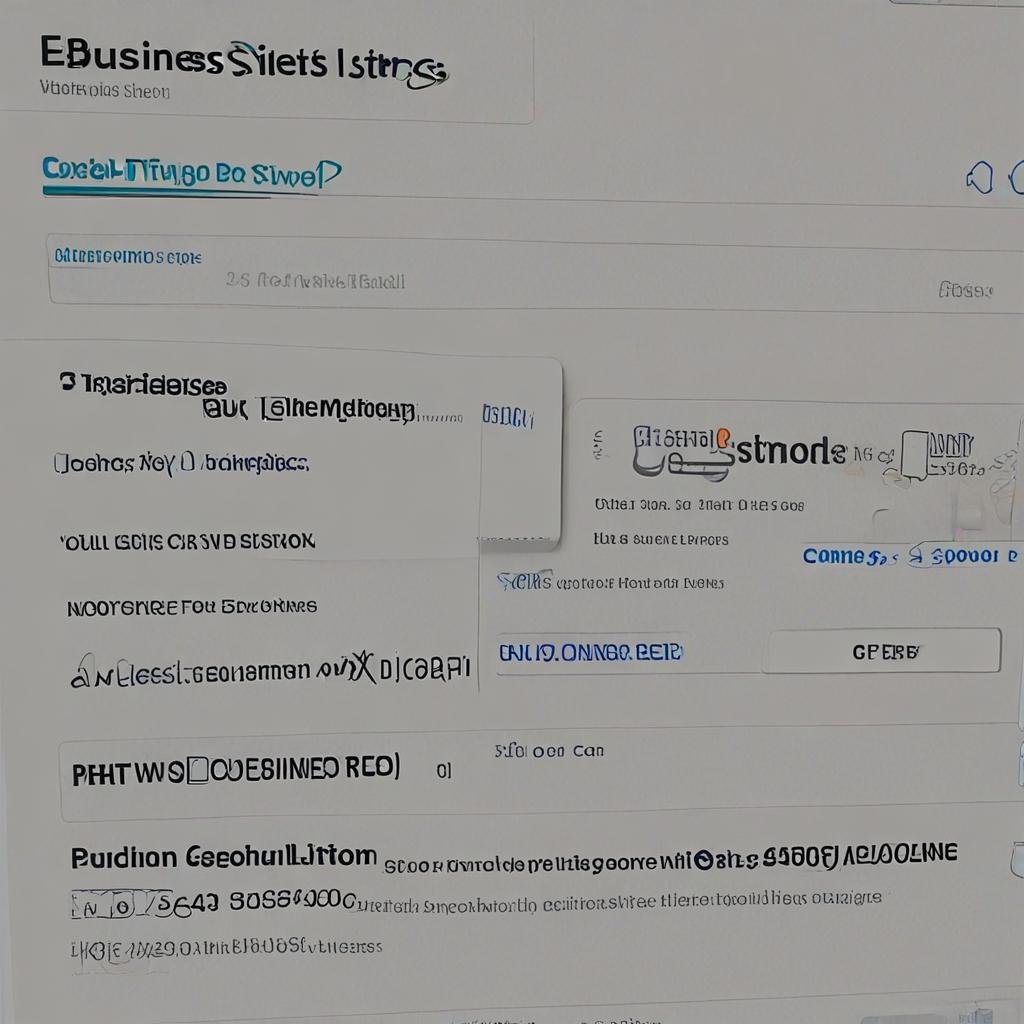
Germany is one of the largest and most dynamic economies in the world, making it a prime location for businesses looking to expand their operations. Understanding how to effectively use business listings in Germany can provide significant advantages, whether you’re a local enterprise or an international company. This comprehensive guide covers everything you need to know about Germany business listings, from their benefits and key platforms to best practices for optimizing your listings.
Table of Contents
- Benefits of Germany Business Listings
- Key Platforms for Germany Business Listings
- How to Optimize Your Business Listing
- Common Mistakes to Avoid
- Leveraging Reviews and Ratings
- Local SEO Tips for Germany
- Case Studies of Successful Listings
Benefits of Germany Business Listings

Germany business listings offer numerous benefits for businesses of all sizes. Firstly, they enhance visibility. When your business is listed on multiple directories, it becomes easier for potential customers to find you. This is particularly important in Germany, where consumers rely heavily on online searches to discover local services and products.
Additionally, business listings improve SEO (Search Engine Optimization). Search engines like Google use business directories to verify the legitimacy and relevance of your business. The more consistent your information across these directories, the higher your business will rank in search results. This is crucial in Germany’s competitive market where businesses strive to stand out.
Moreover, business listings often include reviews and ratings. Positive reviews can significantly boost your business’s reputation, influencing potential customers’ decisions. In a market as discerning as Germany’s, where consumers place a high value on quality and reliability, positive reviews can be a game-changer.
Finally, being listed in German business directories can help build local credibility. For international businesses, this is especially important as it shows that you have a legitimate presence in Germany and are committed to serving the local market.
<a name=”platforms”></a>
Key Platforms for Germany Business Listings

Several key platforms are essential for listing your business in Germany. Each platform has its unique features and audience, making it crucial to understand how to use them effectively.
- Google My Business: This is a must for any business. It enhances your visibility on Google Search and Maps, which are widely used by German consumers.
- Das Örtliche: A traditional but highly trusted local directory in Germany. It’s especially popular for finding local businesses.
- Gelbe Seiten: The German equivalent of the Yellow Pages. It covers a wide range of businesses and is well-known among older demographics.
- Yelp: While not as dominant as in the US, Yelp still holds a significant presence in Germany, especially in major cities.
- 11880.com: This platform offers both business listings and local reviews, making it a valuable resource for local SEO.
- Facebook Business: Given the high number of social media users in Germany, having a Facebook Business page can boost your online presence and customer engagement.
Here is a comparison table of these platforms:
| Platform | Main Audience | Key Features | Cost |
|---|---|---|---|
| Google My Business | General Public | Maps integration, reviews, posts | Free |
| Das Örtliche | Local Consumers | Local directory, contact information | Free/Paid |
| Gelbe Seiten | Older Demographics | Wide business coverage, print option | Paid |
| Yelp | Urban Consumers | Reviews, photos, business information | Free |
| 11880.com | General Public | Listings, local reviews, booking options | Free/Paid |
| Facebook Business | Social Media Users | Social media integration, customer interaction | Free |
How to Optimize Your Business Listing

Optimizing your business listing in Germany involves several strategic steps to ensure maximum visibility and engagement.
1. Complete Your Profile: Ensure all business information is accurate and comprehensive. This includes your business name, address, phone number, website, operating hours, and a detailed description of your services or products.
2. Use Keywords Strategically: Incorporate relevant keywords into your business description. For example, if you run a bakery in Berlin, include phrases like “best bakery in Berlin” or “Berlin artisan breads.”
3. Add High-Quality Images: Visual content significantly enhances your listing. Include high-quality images of your business premises, products, and team to give potential customers a clear idea of what to expect.
4. Encourage Customer Reviews: Positive reviews can greatly enhance your business’s reputation. Encourage satisfied customers to leave reviews and respond to them professionally, whether they are positive or negative.
5. Keep Information Updated: Regularly update your business information. If you change your operating hours or move to a new location, ensure these changes are reflected across all platforms.
6. Utilize Additional Features: Many platforms offer additional features such as booking options, special offers, and events. Use these to engage more customers and provide them with convenient services.
7. Monitor Analytics: Use the analytics tools provided by these platforms to monitor the performance of your listings. This can provide valuable insights into customer behavior and the effectiveness of your listing strategies.
<a name=”mistakes”></a>
Common Mistakes to Avoid
While optimizing your business listings, it’s crucial to avoid common mistakes that can hinder your efforts.
1. Inconsistent Information: Ensure your business name, address, and phone number (NAP) are consistent across all directories. Inconsistencies can confuse customers and negatively impact your SEO.
2. Neglecting Reviews: Ignoring customer reviews can damage your reputation. Always respond to reviews, showing that you value customer feedback.
3. Using Poor Quality Images: Low-quality or irrelevant images can deter potential customers. Always use clear, high-resolution images that accurately represent your business.
4. Overlooking Local SEO: Failing to optimize your listings for local SEO can limit your visibility. Use local keywords and ensure your listings are categorized correctly.
5. Ignoring Analytics: Not utilizing analytics tools means missing out on valuable insights. Regularly check your analytics to understand what works and what doesn’t.
6. Lack of Updates: An outdated listing can lead to customer dissatisfaction. Always keep your business information up-to-date.
7. Ignoring Additional Features: Many platforms offer features that can enhance your listing. Failing to use these features can mean missed opportunities for engagement and sales.
Leveraging Reviews and Ratings

Reviews and ratings are powerful tools for enhancing your business’s credibility and attracting new customers. In Germany, where consumers are known for their thorough research before making purchases, reviews play a significant role.
1. Encourage Genuine Reviews: Ask satisfied customers to leave reviews. You can do this through follow-up emails, social media, or directly at the point of sale.
2. Respond Promptly and Professionally: Always respond to reviews, both positive and negative. Acknowledge positive reviews with gratitude and address negative reviews with solutions or apologies. This shows potential customers that you care about their experience.
3. Highlight Positive Reviews: Showcase positive reviews on your website and social media platforms. This can enhance your reputation and build trust with new customers.
4. Use Reviews for Improvement: Pay attention to recurring themes in your reviews. If multiple customers mention a specific issue, address it promptly to improve your service or product.
5. Monitor Review Platforms: Regularly check platforms like Google My Business, Yelp, and 11880.com for new reviews. Staying on top of your reviews ensures you can respond in a timely manner.
6. Avoid Fake Reviews: Never buy fake reviews or ask for false testimonials. Authenticity is crucial, and fake reviews can lead to penalties and loss of trust.
Local SEO Tips for Germany

Local SEO is crucial for businesses looking to attract German customers. Here are some tips to enhance your local SEO efforts:
1. Optimize for Local Keywords: Use keywords that include your location. For example, “best coffee shop in Munich” or “Hamburg car repair.”
2. Claim Your Google My Business Listing: This is essential for local SEO. Ensure all your information is accurate and updated.
3. Build Local Citations: Get your business listed in local directories and websites. The more places your business appears, the better your local SEO.
4. Create Location-Based Content: Write blog posts or articles that focus on local events, news, or trends. This can attract local traffic to your website.
5. Use Local Backlinks: Partner with local businesses or influencers to get backlinks to your site. This can improve your SEO rankings.
6. Mobile Optimization: Ensure your website is mobile-friendly. Many people use their smartphones to search for local businesses.
7. Use Schema Markup: Implement local business schema markup on your website to help search engines understand your business location and details.
Case Studies of Successful Listings

1. Local Bakery in Berlin
A small bakery in Berlin used Google My Business and Das Örtliche to increase their visibility. By optimizing their listings with high-quality images and detailed descriptions, they saw a 30% increase in foot traffic within three months. They also encouraged customers to leave reviews, which boosted their credibility.
2. Car Repair Shop in Hamburg
A car repair shop in Hamburg leveraged Yelp and 11880.com for their business listings. They focused on gathering positive reviews and regularly updated their listings with new services. This strategy resulted in a 25% increase in online bookings.
3. Café in Munich
A café in Munich optimized their Facebook Business page and Google My Business listing. They posted regularly about events and special offers, which helped them engage with their local community. Their efforts led to a 20% increase in customer engagement and repeat business.
